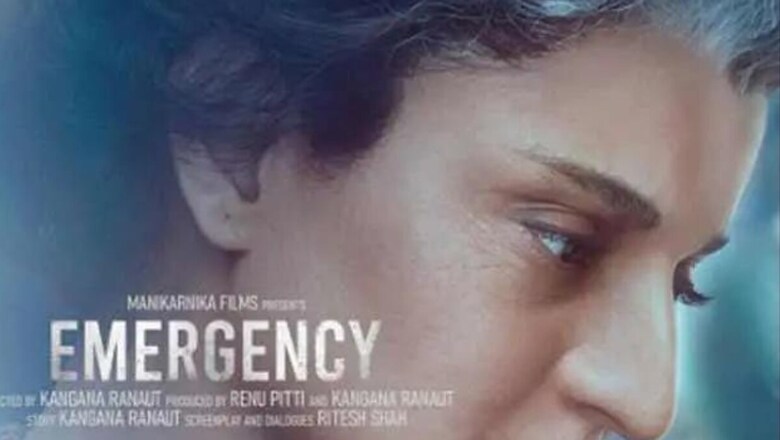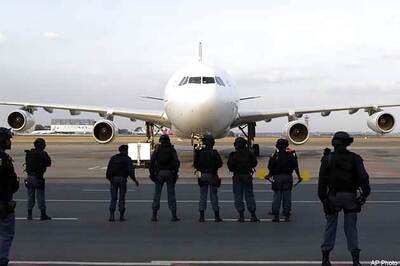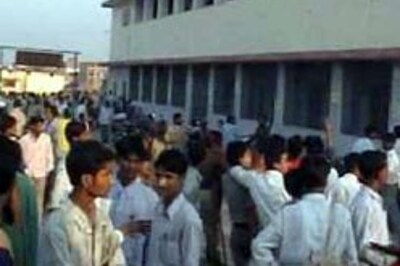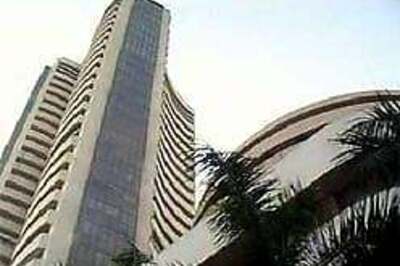
views
Emergency is the most disturbing memory of recent Indian history. Imposed by the then Prime Minister, Indira Gandhi, the 21-month phase characterised by political high-handedness lasted from 25 June 1975 to 21 March 1977. Gloom engulfed the nation. Protestors, among them Gandhi’s political opponents, were jailed and tortured. The media was censored, and forced sterilisation added to the woes of the masses during the reign of tyranny. Gandhi’s party, the Indian National Congress (INC), would be thrashed in the Indian general elections of 1977. Gandhi lost her battle against Raj Narain in Rai Bareilly, Uttar Pradesh, an outcome that surprised none except her diehard supporters.
Directing, producing, writing the story and playing the title role in the upcoming political drama Emergency could not have been easy for Kangana Ranaut. Senior citizens, who had experienced the sudden curtailment of democratic freedom in 1975, carry unpleasant memories in their minds. Academics and journalists have analysed the period in detail.
Novels such as A Fine Balance by Rohinton Mistry, Midnight’s Children by Salman Rushdie and Rich Like Us by Nayantara Sehgal feature the Emergency era in their pages. IS Johar’s 1978 film Nasbandi is a satire on the sterilisation drive, Sudhir Mishra’s 2003 film Hazaaron Khwaishein Aisi is set against the backdrop of the period and Pa. Ranjith’s 2021 Tamil film Sarpatta Parambarai shows the dismissal of the DMK government by the central government because of its stand against the Emergency in 1976. Since it is recent and has inspired the works of writers and other creators, the period is an intermittent reference in our day-to-day lives.
Ranaut’s decision to focus on this reality with a narrative revolving around several significant real people has given rise to much curiosity, which is perfectly understandable. Glimpses from the film accompanying the announcement of the release date of 24 November highlight the subject in a forceful manner.
It starts with protestors hurling stones at the police, followed by a newspaper headline that screams: ‘State of Emergency declared.’ A second headline declares, ‘Opposition leaders arrested,’ as Loknayak Jayaprakash Narayan (Anupam Kher), who can be also heard in the voiceover, looks on from behind the bars. A TV screen informs us that broadcast has been suspended. There is a demand for freedom of speech, putting an end to torture and the return of citizen’s rights.
A headline in the international media declares: ‘Indian democracy in crisis: PM or dictator?’, which is a reference to Gandhi. Bullets are fired at the protestors. Ranaut’s voiceover as the former prime minister follows: ‘Nobody can stop me from protecting this country, because India is Indira, and Indira is India.’ The latter half of the sentence was, in fact, uttered by DK Barooah, a politician from Assam who served as the President of the Indian National Congress from 1975 till 1978. It is a metaphor for what is fundamentally wrong with the party, which includes its present avatar: the deep-rooted culture of sycophancy.
What makes Emergency a challenge is the guarantee of dissection after its release. Compressing and presenting the entire period in the film’s run time won’t be easy. Some viewers will point towards major happenings that have been left out, highly possible since too much that was indefensible took place, which Salman Rushdie memorably referred to in his new introduction to Midnight’s Children as “the many crimes of the Emergency”. While defending the period will be fatuous bravado, voices of those who will question it for its alleged flaws and shortcomings might be heard, too. Even if it is a fictionalised retelling of events, it will be also scrutinised by non-regular observers, who may not be equally keen on a tent-pole film like Raj Kumar Hirani’s Dunki.
Has Ranaut written a story that, more or less, captures the essence of the period? That question will be answered on November 24. Although she hasn’t experienced recent success, her acting talent is beyond doubt. Appearing as a supermodel who experiences downfall in Madhur Bhandarkar’s Fashion (2008), a mutant in Rakesh Roshan’s Krrish 3 (2013), a simple woman for whom a solo journey becomes a life-changing experience in Vikas Bahl’s Queen (2014), a drama queen Tanu in Aanand L Rai’s Tanu Weds Manu (2011) and in the dual roles of Tanu and her lookalike Haryanvi athlete Kusum in the sequel Tanu Weds Manu Returns (2015), she has excelled in front of the camera.
Writing and directing Emergency is a different kind of challenge, and how Ranaut has responded to it will be interesting to see. Many viewers, who seldom go to the theatres otherwise, must have already formed a first-day queue in their minds.
The author, a journalist for three decades, writes on literature and pop culture. Among his books are ‘MSD: The Man, The Leader’, the bestselling biography of former Indian captain MS Dhoni, and the ‘Hall of Fame’ series of film star biographies. Views expressed are personal.




















Comments
0 comment